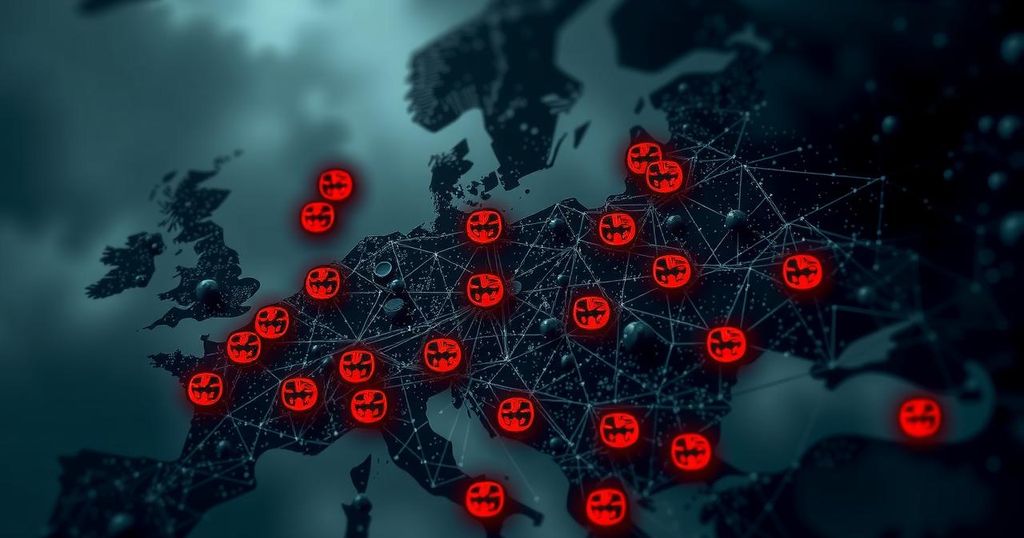From Namibia to Gaza: Germany’s Complicated Legacy of Genocide and Complicity
Israel’s military campaign against Gaza has led to a staggering death toll and sparked widespread protests across Europe, condemning the actions as genocidal. Activist movements in Germany and beyond are demanding accountability and an end to military support for Israel. Controversial statements by German officials justifying violence against civilians draw parallels to Germany’s own historical atrocities in Namibia, raising ethical concerns about complicity in current events.
The ongoing Israeli-Palestinian conflict has seen a significant escalation in violence, with the latest developments following Israel’s declaration of war on Gaza. Reports indicate that Israeli forces have executed numerous high-profile Palestinian and Lebanese officials, including Hamas leader Yahya Sinwar. In response, there have been widespread protests across Europe condemning these actions, with demonstrators advocating for an end to what they perceive as a genocidal campaign. The death toll in Gaza has surpassed 42,600, with thousands of children among the casualties. In light of these events, German officials, particularly Foreign Minister Annalena Baerbock, have made statements that many interpret as justifying violence against civilians in the name of self-defense. This position has drawn considerable criticism from both domestic and international observers, with allegations of complicity in genocide surfacing. Germany’s historical context, particularly its colonial past and the genocide it perpetrated in Namibia, leads to a contentious discourse regarding its current stance on Israel’s actions. Many activists and organizations are now calling for arms embargoes against Israel and demanding accountability for these actions at international legal forums. The coverage of these protests has been marred by reports of police violence against demonstrators in Germany, sparking further outrage and calls for justice.
The Israel-Palestine conflict has been marked by cycles of violence and accusations of human rights violations. Since Israel declared war on Gaza in October 2023, the conflict has escalated dramatically, resulting in a high civilian death toll. European nations have seen a surge in protests against Israel’s military actions, reflecting a growing discontent with the Western support for Israel amidst accusations of genocide. The history of Germany’s involvement in genocidal acts, particularly during the colonial period in Namibia, serves as a backdrop for current criticisms of its foreign policy towards Israel, raising concerns about moral and ethical implications in the context of past atrocities.
In summation, the current situation in Gaza and Lebanon raises serious questions regarding human rights and the moral responsibilities of nations, particularly those with histories of genocide. As protests continue throughout Europe, the call for accountability grows louder, highlighting a desire for an end to the violence. Germany’s past actions in Namibia serve as a stark reminder of the consequences of complicity in atrocities. Thus, the ongoing conflict and international response reflect a critical juncture in the fight for justice and the protection of human rights globally.
Original Source: www.tehrantimes.com




Post Comment